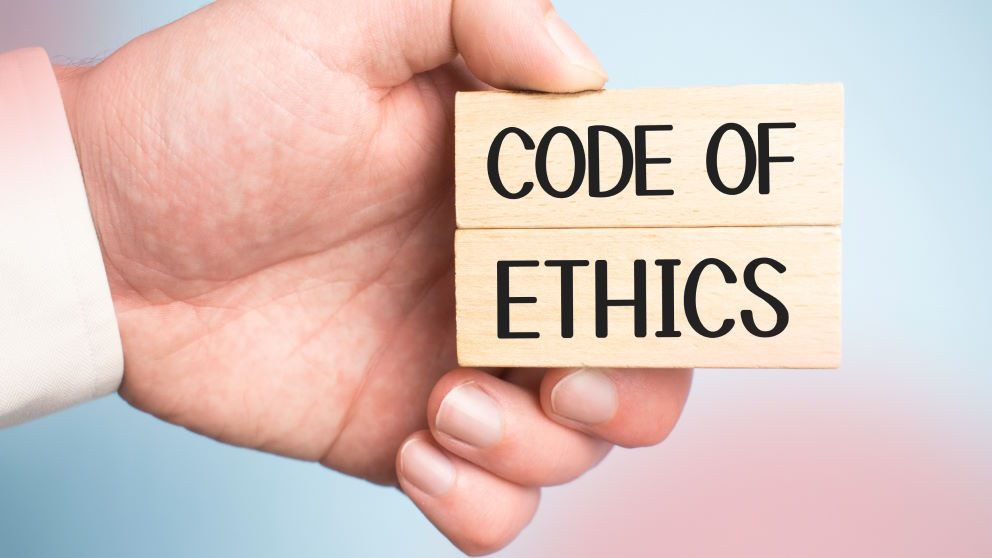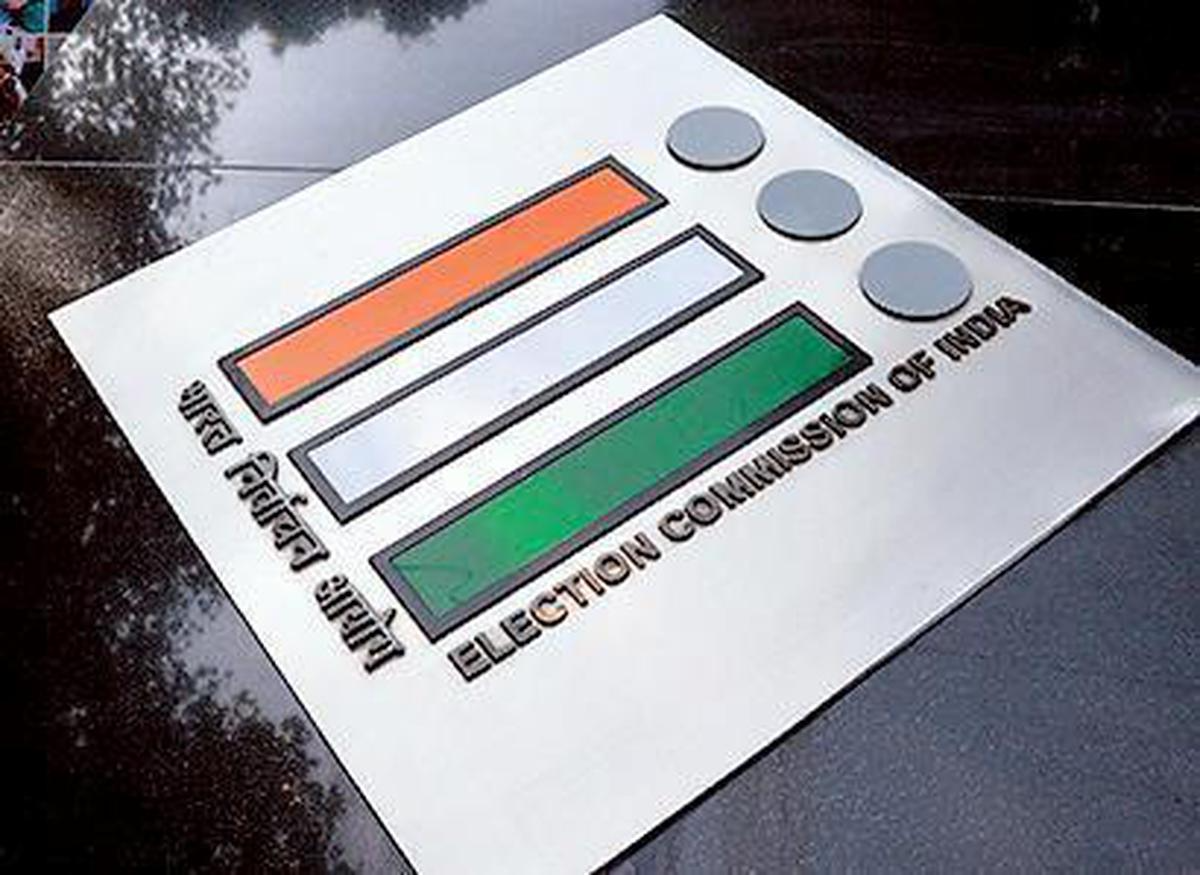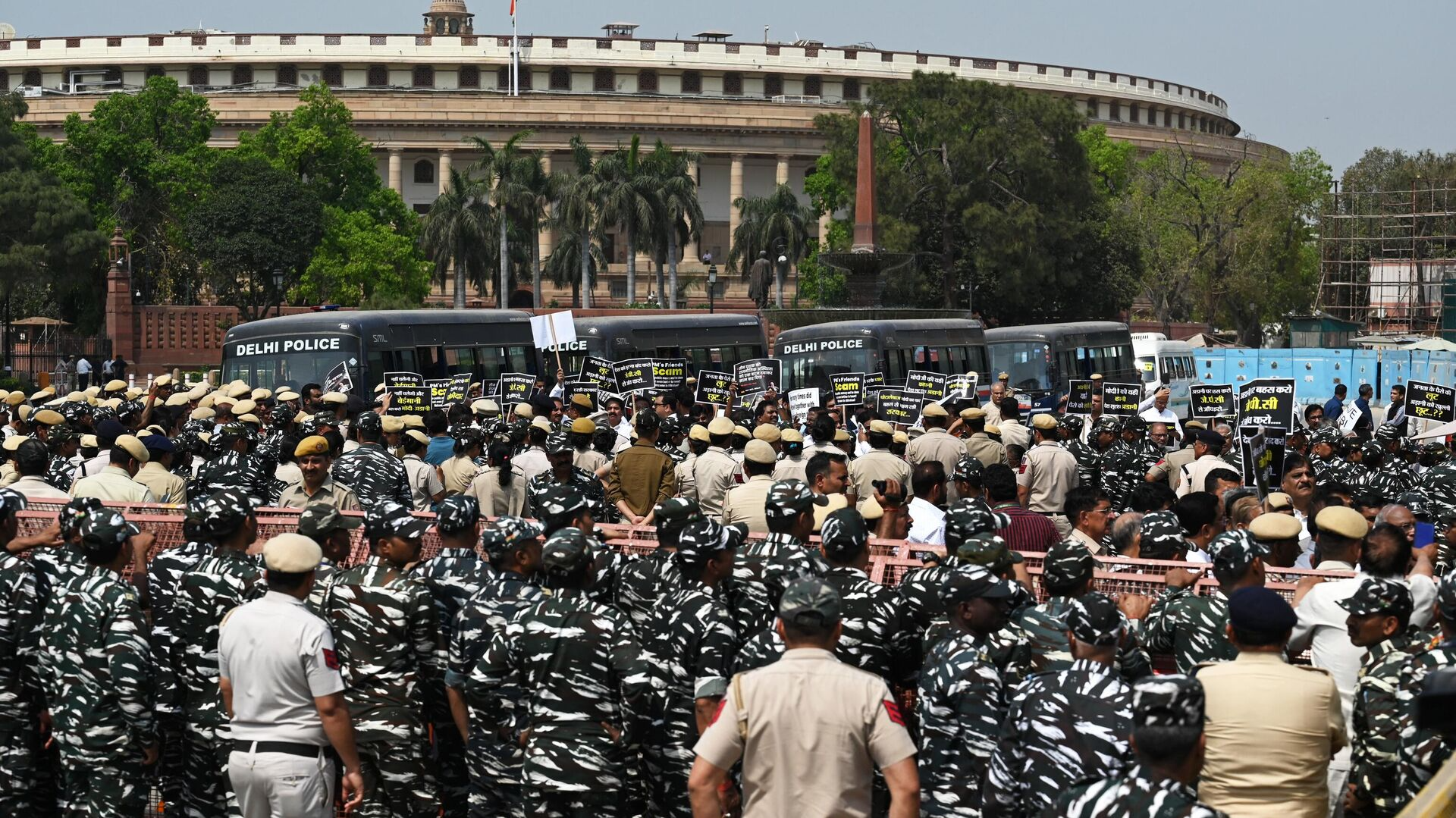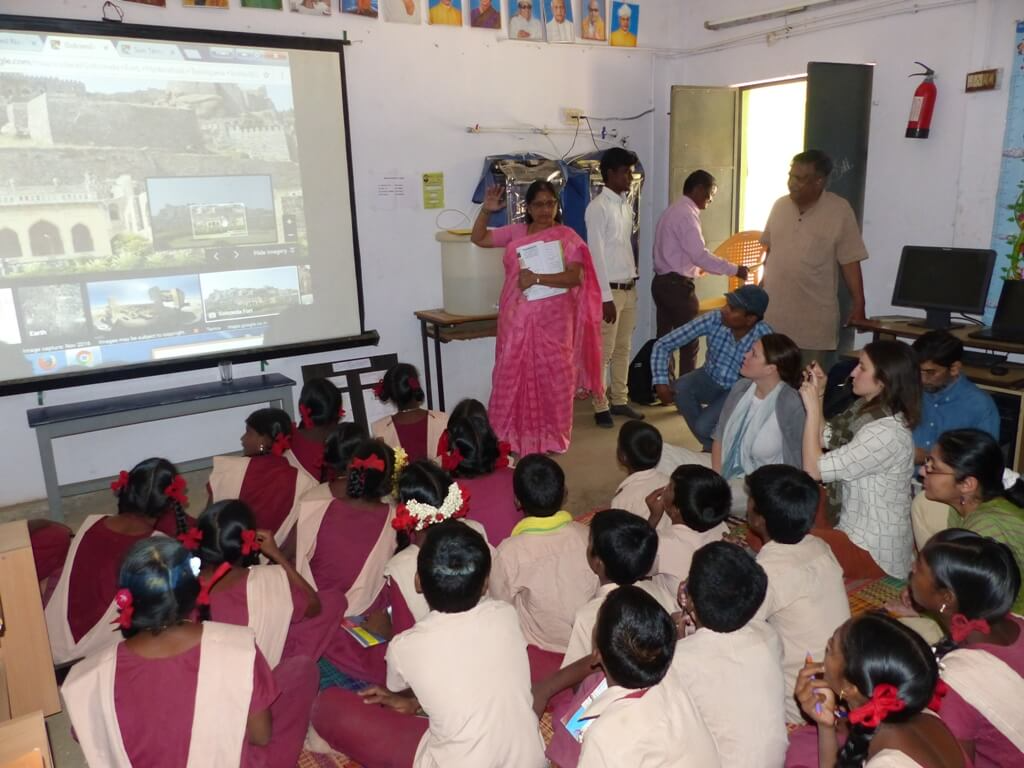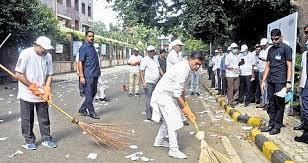New Parliament Session Begins
Posted On July 11, 2025
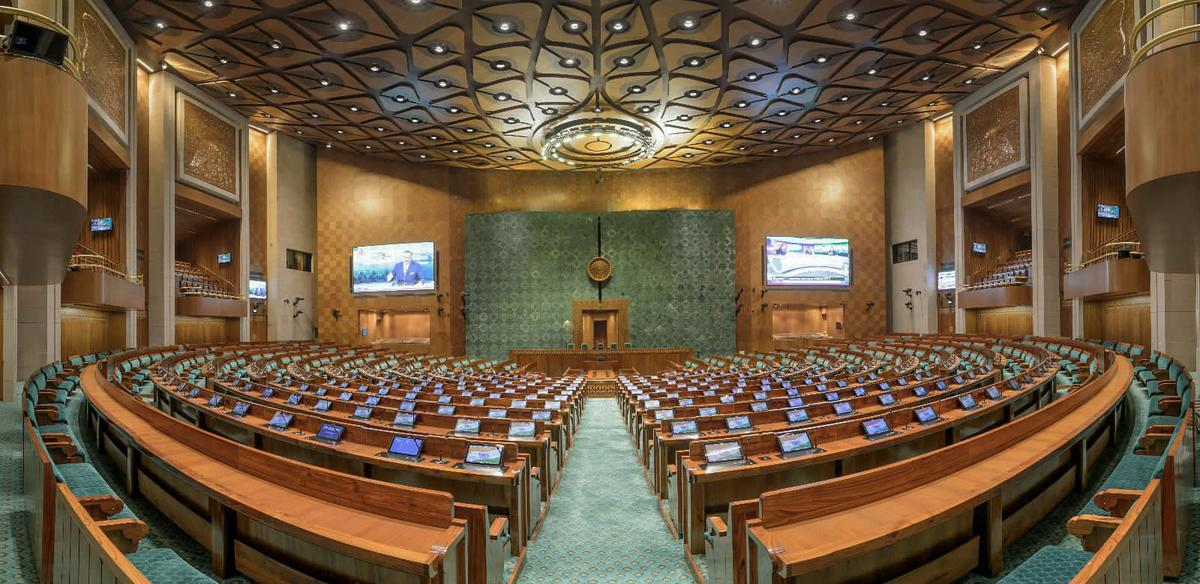
The monsoon session of the Indian Parliament began today with heightened anticipation, a charged political atmosphere, and pressing national issues on the legislative agenda. This session is particularly significant, not just for the bills slated for discussion, but for the timing - coming in the aftermath of the recently concluded general elections, where the political landscape experienced a noticeable shift. While the ruling alliance managed to retain power, it now faces a more assertive and coordinated opposition bloc. This dynamic sets the stage for a Parliament session that promises to be both productive and confrontational.
The session was inaugurated with the ceremonial address by the President of India, a tradition that outlines the government's vision and legislative priorities for the upcoming months. In her address, the President touched upon several key areas- economic growth, national security, rural development, and technological innovation. Of special note was the emphasis on job creation and inclusive welfare, indicating that the government is well aware of the growing concerns around unemployment and inflation, especially among the youth and working class. The speech also highlighted recent global recognitions of India's expanding digital infrastructure and leadership in climate action - achievements that the ruling coalition is keen to showcase as signs of progress.
However, the ceremonial tone of the inaugural address was quickly overtaken by the political undercurrents as both the Lok Sabha and Rajya Sabha commenced formal proceedings. The opposition, emboldened by increased numbers and a renewed sense of purpose, wasted no time in demanding discussions on pressing national issues. Chief among these were the recent railway accidents, rising food prices, the handling of border security in the northeast, and allegations of misuse of central investigative agencies. The INDIA bloc, representing a coalition of several opposition parties, demanded dedicated debates and accountability from central ministers. This assertiveness signals a departure from past sessions, where opposition voices were often fragmented or muted due to lower numerical strength.
The government, for its part, has outlined a robust legislative agenda. At least 24 new bills are expected to be introduced, along with the consideration of several standing committee reports and pending bills from previous sessions. Some of the proposed laws include reforms in data protection, the long-awaited Uniform Civil Code (UCC) draft introduction for discussion, and amendments in criminal and civil procedure laws. Of particular interest is the Digital India Bill, which seeks to replace the outdated IT Act of 2000, modernize cyberspace governance, and strengthen user data privacy. The proposed legislation could redefine how digital platforms operate in India, with ripple effects across sectors from finance to education.
Among the other major bills expected to stir debate is the National Employment Policy Bill, which proposes structured frameworks for job creation in both urban and rural sectors, while promoting skill development in emerging industries like green energy, AI, and robotics. The government is also expected to push through a revamped version of the Jan Vishwas (People’s Trust) Bill, which aims to decriminalize several minor economic offences to improve ease of doing business. Additionally, discussions around the Agnipath military recruitment scheme, which has received mixed public responses, are expected to resurface, especially with opposition parties questioning its long-term implications for national defense and youth welfare.
One of the most anticipated moments of the session was the introduction of newly elected Members of Parliament. Over 70 first-time MPs were welcomed with applause and customary oaths, with notable representation from regional parties and underrepresented communities. The diversity in this new batch of lawmakers is expected to add fresh perspectives to parliamentary debates. At the same time, the Speaker’s election, which took place on the second day of the session, brought political drama into full view. While the ruling alliance’s candidate was elected, the opposition staged a symbolic walkout during the voting process, protesting what they described as the government’s unilateral decision-making and lack of consensus-building.
Outside the chambers, civil society and activist groups are closely watching the proceedings. Issues like environmental regulation, farmers’ welfare, and press freedom remain in the spotlight. Thousands of farmers have gathered in Delhi with renewed calls for a guaranteed Minimum Support Price (MSP) law and debt relief. Students' unions and labor groups have also announced plans for peaceful demonstrations, demanding transparency in recruitment exams and protection of workers’ rights. In an era of heightened public awareness and social media amplification, the decisions made within Parliament are under immediate and intense public scrutiny.
Parliament security has also been notably tightened for this session. With ongoing regional unrest and global concerns about democratic vulnerabilities, authorities have introduced multi-tier checks, facial recognition systems, and additional surveillance mechanisms within the Parliament complex. While these measures are presented as necessary for national security, they have also raised concerns among civil liberties groups, who warn against the normalization of excessive surveillance and suppression of dissent within democratic institutions.
As the session progresses, all eyes will be on how both sides - the government and the opposition - handle the growing pressure to deliver results. The electorate has sent a clear message through the recent election outcomes- performance matters, and tokenism will no longer suffice. The government, with a reduced majority, will need to engage more meaningfully with critics and demonstrate legislative competence. The opposition, on the other hand, has an opportunity to transform from a reactive force to a constructive alternative, capable of policy critique and solution-oriented suggestions.
In conclusion, the new Parliament session marks a defining moment for Indian democracy. It is more than just a meeting of elected representatives; it is a reflection of the country’s evolving political consciousness. With citizens more informed and engaged than ever before, the stakes are high. Will the session be a step forward in restoring faith in democratic institutions, or will it descend into partisan gridlock and performative shouting matches? The coming weeks will offer aNSEers - not only to lawmakers but to every Indian watch
The session was inaugurated with the ceremonial address by the President of India, a tradition that outlines the government's vision and legislative priorities for the upcoming months. In her address, the President touched upon several key areas- economic growth, national security, rural development, and technological innovation. Of special note was the emphasis on job creation and inclusive welfare, indicating that the government is well aware of the growing concerns around unemployment and inflation, especially among the youth and working class. The speech also highlighted recent global recognitions of India's expanding digital infrastructure and leadership in climate action - achievements that the ruling coalition is keen to showcase as signs of progress.
However, the ceremonial tone of the inaugural address was quickly overtaken by the political undercurrents as both the Lok Sabha and Rajya Sabha commenced formal proceedings. The opposition, emboldened by increased numbers and a renewed sense of purpose, wasted no time in demanding discussions on pressing national issues. Chief among these were the recent railway accidents, rising food prices, the handling of border security in the northeast, and allegations of misuse of central investigative agencies. The INDIA bloc, representing a coalition of several opposition parties, demanded dedicated debates and accountability from central ministers. This assertiveness signals a departure from past sessions, where opposition voices were often fragmented or muted due to lower numerical strength.
The government, for its part, has outlined a robust legislative agenda. At least 24 new bills are expected to be introduced, along with the consideration of several standing committee reports and pending bills from previous sessions. Some of the proposed laws include reforms in data protection, the long-awaited Uniform Civil Code (UCC) draft introduction for discussion, and amendments in criminal and civil procedure laws. Of particular interest is the Digital India Bill, which seeks to replace the outdated IT Act of 2000, modernize cyberspace governance, and strengthen user data privacy. The proposed legislation could redefine how digital platforms operate in India, with ripple effects across sectors from finance to education.
Among the other major bills expected to stir debate is the National Employment Policy Bill, which proposes structured frameworks for job creation in both urban and rural sectors, while promoting skill development in emerging industries like green energy, AI, and robotics. The government is also expected to push through a revamped version of the Jan Vishwas (People’s Trust) Bill, which aims to decriminalize several minor economic offences to improve ease of doing business. Additionally, discussions around the Agnipath military recruitment scheme, which has received mixed public responses, are expected to resurface, especially with opposition parties questioning its long-term implications for national defense and youth welfare.
One of the most anticipated moments of the session was the introduction of newly elected Members of Parliament. Over 70 first-time MPs were welcomed with applause and customary oaths, with notable representation from regional parties and underrepresented communities. The diversity in this new batch of lawmakers is expected to add fresh perspectives to parliamentary debates. At the same time, the Speaker’s election, which took place on the second day of the session, brought political drama into full view. While the ruling alliance’s candidate was elected, the opposition staged a symbolic walkout during the voting process, protesting what they described as the government’s unilateral decision-making and lack of consensus-building.
Outside the chambers, civil society and activist groups are closely watching the proceedings. Issues like environmental regulation, farmers’ welfare, and press freedom remain in the spotlight. Thousands of farmers have gathered in Delhi with renewed calls for a guaranteed Minimum Support Price (MSP) law and debt relief. Students' unions and labor groups have also announced plans for peaceful demonstrations, demanding transparency in recruitment exams and protection of workers’ rights. In an era of heightened public awareness and social media amplification, the decisions made within Parliament are under immediate and intense public scrutiny.
Parliament security has also been notably tightened for this session. With ongoing regional unrest and global concerns about democratic vulnerabilities, authorities have introduced multi-tier checks, facial recognition systems, and additional surveillance mechanisms within the Parliament complex. While these measures are presented as necessary for national security, they have also raised concerns among civil liberties groups, who warn against the normalization of excessive surveillance and suppression of dissent within democratic institutions.
As the session progresses, all eyes will be on how both sides - the government and the opposition - handle the growing pressure to deliver results. The electorate has sent a clear message through the recent election outcomes- performance matters, and tokenism will no longer suffice. The government, with a reduced majority, will need to engage more meaningfully with critics and demonstrate legislative competence. The opposition, on the other hand, has an opportunity to transform from a reactive force to a constructive alternative, capable of policy critique and solution-oriented suggestions.
In conclusion, the new Parliament session marks a defining moment for Indian democracy. It is more than just a meeting of elected representatives; it is a reflection of the country’s evolving political consciousness. With citizens more informed and engaged than ever before, the stakes are high. Will the session be a step forward in restoring faith in democratic institutions, or will it descend into partisan gridlock and performative shouting matches? The coming weeks will offer aNSEers - not only to lawmakers but to every Indian watch


